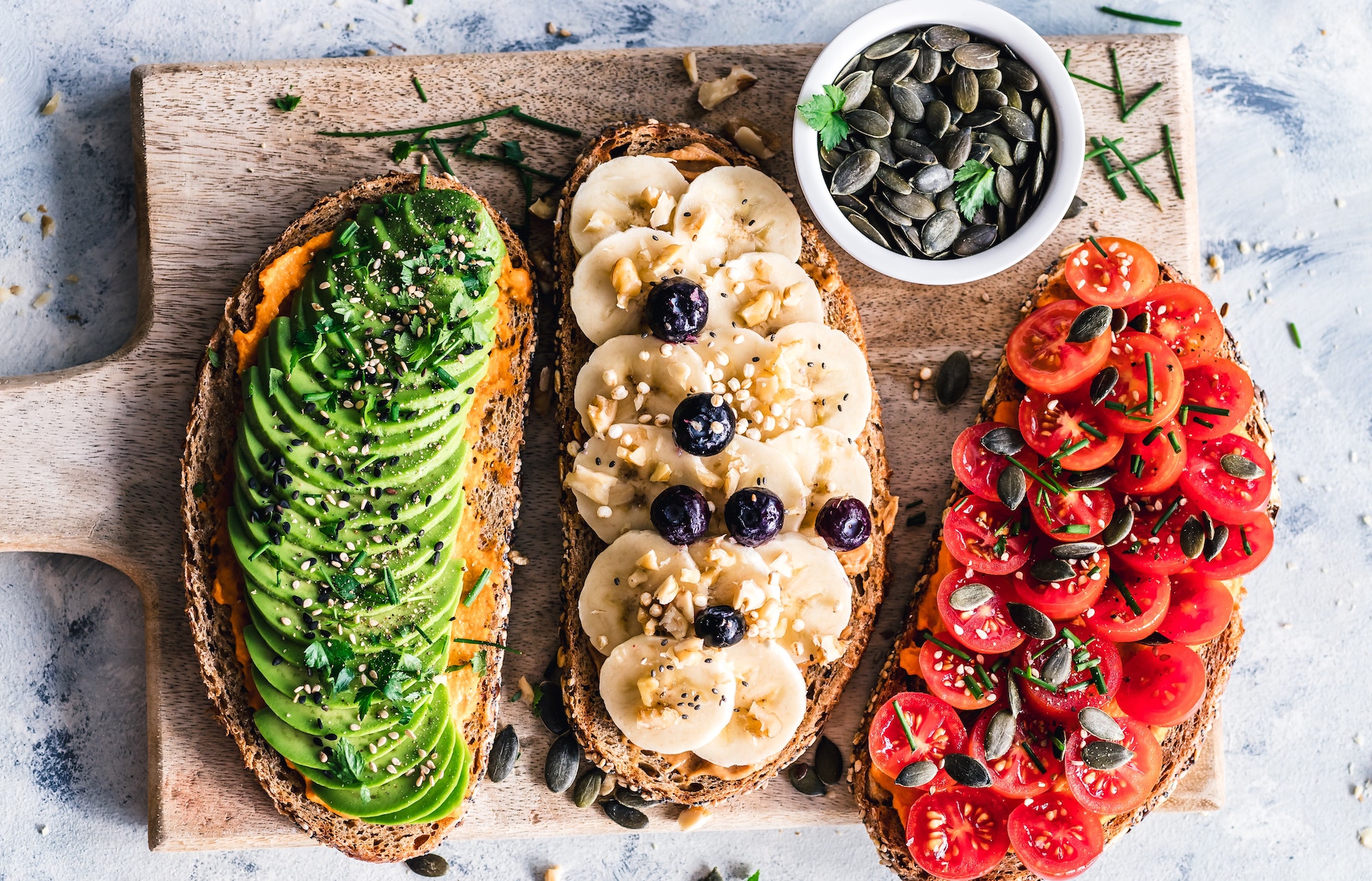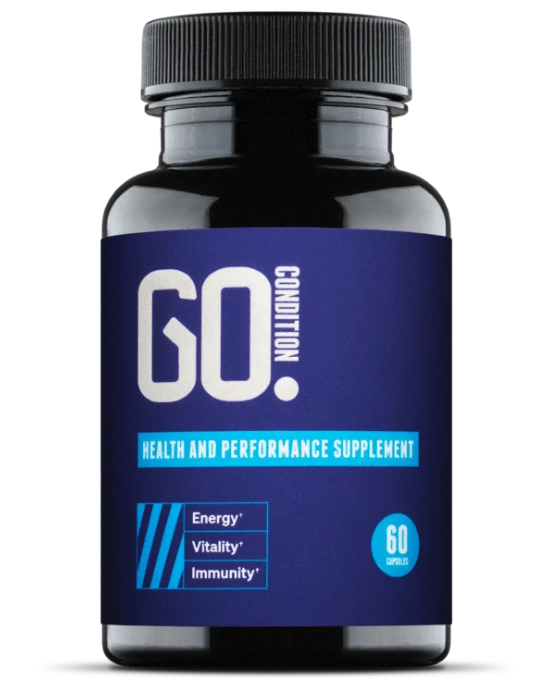
08 Dec Are You Eating Yourself To Death? It’s Time to Unleash Phytochemical Warfare
*WWD is reader-supported. When you buy through links on our site, we may earn an affiliate commission.
Sounds wrong, right! Eating ourselves to death? But it does make sense from a scientific standpoint, as it what the vast majority of Americans are doing every single day. We are overfed and badly under-nourished. This is surprisingly easy to do as we overload on empty fat and sugar-filled calories while missing out on the essential nutrients and natural compounds we need to fuel a healthy body and healthy metabolism. Sustaining the premise that your food is the most powerful medicine – or the slowest form of poison – it’s a good idea to start rethinking our attitude and habits regarding food. Our friends at Go Condition will help us explain why phytochemicals are the ever-ready “initiators” of our own powerful protection systems.
Taking on visible and invisible threats.
Too many calories make us overweight, even for those of us who get plenty of exercise. But carrying a few (or even many) extra pounds is the least of our worries. A diet heavy on energy but light on nutrition can wreak long-lasting havoc on our health… even if we are able to work the pounds off. “Lean” may seem to be healthy but it isn’t necessarily “healthier”. Most Americans are missing out not only on adequate amounts of vitamins and minerals but crucially on the lesser-known group of natural plant compounds called phytonutrients which activate the body’s own cell-based protection mechanisms. Whenever you bite into a juicy red apple or crunch a mouthful of dark, leafy greens, you consume more than just vitamins, minerals, and fiber. You also get a power-packed bite of plant substances called phytochemicals. They’re not known to be essential for health, like vitamins and minerals, but they may go a long way toward keeping us healthy. “We’re still just learning about them. The science is ongoing. But they may help fight cancer and heart disease,” says Debbie Krivitsky, director of clinical nutrition at the Cardiovascular Disease Prevention Center at Harvard-affiliated Massachusetts General Hospital.
The Super Powers of Phytochemicals and Nutrients
Phytochemicals are compounds that are produced by plants (“phyto” means “plant”). They are found in fruits, vegetables, grains, beans, and other plants. Some of these phytochemicals are believed to protect cells from damage that could lead to cancer. Not having them severely hamstrings the natural metabolic processes which were built to allow us to stay healthy in the long term. A bad diet today has inevitable, unavoidable, and often ‘invisible-until-its-too-late’ long-term consequences. These compounds in plants (fruits, vegetables, whole grains, nuts, seeds, and legumes) contribute to their color, taste, and smell. They give carrots their vibrant orange hue, Brussels sprouts their bitter taste, and hot peppers their searing bite. Phytochemicals are found in all edible parts of a plant, especially the skin or peel. Scientists estimate there are more than 5,000 phytochemicals, and we’re only beginning to understand what the compounds may do for human health. “The most studied are probably the carotenoids, from beta carotene to lycopene in tomatoes. Also, flavonoids have been studied much more in the last 10 years,” says Eric Rimm, professor of epidemiology and nutrition at the Harvard T.H. Chan School of Public Health. So far, the evidence indicates that phytochemicals have promising benefits.
With so many phytochemicals, it could be overwhelming to select specific compounds to try to protect your health. But you don’t have to. Most plant foods each contain dozens of phytochemicals (for example, a carrot has more than 100). You should, however, try to eat a varied diet. Krivitsky recommends “eating a rainbow” — many kinds of colorful fruits, vegetables, legumes, nuts, and seeds — in order to scoop up as many different phytochemicals as possible. “They all do different things and they complement each other. So one might block a carcinogen [something that causes cancer], and another might interfere with cancer cell replication.” At a minimum, she advises that you aim for five to nine servings of fruits and vegetables each day. What if you don’t like red apples or berries? “Choose another red food, like watermelon or red peppers,” Krivitsky suggests. “If you’re not a lover of kale or broccoli, try lettuce or artichokes. Find foods in each color category and include something from each. The more kinds you eat, the more you’ll increase the potential benefits.”
A practical approach to good nutrition
Good nutrition is built on the ‘core four’ basics:
-
- First, do no harm! Avoid anti-nutrients such as cholesterol, salt, and saturated fat (Spoiler…avoiding processed foods is a good first step here).
- Get your ‘macros, straight and in proportion. Maximize whole food sources of the necessary macronutrients (carbs, protein and healthy fats) needed as the building blocks and fuel sources of basic metabolism.
- Get familiar with your own ‘micros’. Get to know what your vitamin and mineral needs are and get as many of these micronutrients as possible from whole foods, especially fruits and vegetables.
- …and unleash your ‘chemical’ agents. Maximize phytonutrient intake. These are the antioxidant and anti-inflammatory compounds found only in plant-based foods, especially fruits and vegetables.
If you do these four things as much as you can you are well on the way to giving your body exactly what it needs to manage weight control and optimize your metabolism ensuring and maintaining a normal immune function, a healthy aging process, blood pressure, glucose control, etc. Of course, it should be no surprise to anybody that the solution is to peel back on fast and processed foods and load up on whole foods (nutrient-dense) particularly fresh fruits and vegetables. Scientific research shows that flavonoids (the most active part of polyphenols found in plant foods) are nature’s most powerful performance enhancers and have the greatest effect on our overall health. This powerful formula helps increase the energy of the mind and body to enhance focus and performance — while simultaneously helping to recover effectively from heavy exercise and grueling work.
However, as we all know doing all these things all the time is not always practical in this fast-paced age of convenience, sometimes we need a little help. To help with these plaguing deficiencies in the mainstream American diet – from which even high-powered Corporate America is NOT except – products such as Go Condition have been designed to provide a needed phytochemical shot. Long-term, diets low in fruits and vegetables, and thus phytochemicals are not only harmful to your health, but evidence shows they can tangibly shorten your life. Products with all-natural formulation, such as Go Condition, redress the nutrition gap modern life imposes on us all, so you can take the rest of your (with good fortune longer and healthier) life, head on…and head held high.
Want to try it for yourself? Let us know how it goes – [email protected]
Go Condition in an innovative supplement to boost your focus, performance, and recovery without harsh chemicals. Through its patented absorption blend and thanks to its natural plant compounds, it’s been clinically-proven (in human trials) to significantly increase performance and improve overall health. Learn More.

